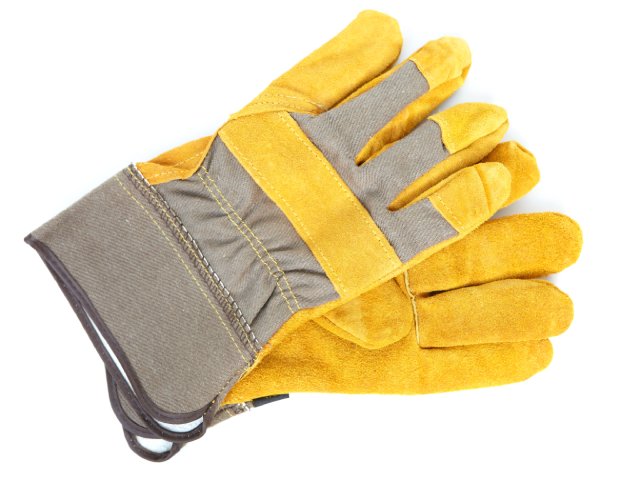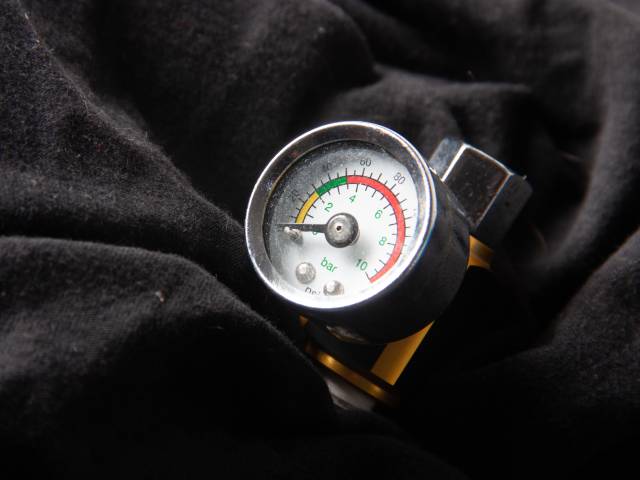

When it comes to ensuring safety and comfort in various work environments, choosing the right pair of gloves is crucial. Work gloves not only protect your hands from potential hazards but also enhance grip and dexterity for specific tasks. With a plethora of options available on the market—from heavy-duty options designed for construction work to lightweight, dexterous gloves suited for delicate tasks—understanding your unique needs is essential.
Let’s look at how to choose the most appropriate work gloves that will ensure your hands are adequately protected while on the job.
The first step in choosing the right work gloves is to understand your workspace and the tasks you perform. Different environments pose different risks and, therefore, require different types of protection. For instance, if you work in construction or manufacturing, heavy-duty gloves with cut-resistant materials would be necessary to protect against sharp objects and machinery. On the other hand, if you work in a laboratory setting, gloves with chemical resistance would be more suitable.
It’s also crucial to consider the specific tasks you perform. Are you handling small objects that require precision or working with rough materials? Is there a risk of heat exposure or extreme cold in your workspace? Homing in on these factors will help narrow down the type of work gloves you need.
Work gloves are made from various materials, each with unique properties and levels of protection. Some common materials include leather, cotton, rubber, and synthetic fabrics. Leather gloves offer excellent durability and protection against abrasion but may not be suitable for tasks involving chemicals or extreme temperatures. Cotton gloves provide minimal protection but are great for light tasks that require breathability. Rubber gloves are highly versatile and offer good grip and chemical resistance. Synthetic fabrics like nylon or spandex can provide a balance between dexterity and protection.
Aside from protecting your hands, work gloves should also be comfortable to wear. Ill-fitting or uncomfortable gloves can cause hand fatigue and may even increase your risk of accidents. When trying on gloves, make sure they fit snugly but are not too tight. You should be able to comfortably move your fingers and grip objects without any restrictions.
Depending on your job requirements, you may need additional features in your work gloves. For example, if you work outdoors or in cold temperatures, look for insulated gloves with thermal lining to keep your hands warm. If you handle small objects frequently, consider gloves with touchscreen compatibility, as these will ensure you can use electronic devices without having to remove your gloves.
When purchasing work gloves, it’s essential to ensure they meet the necessary safety standards for your industry. Look for certifications from reputable organizations such as ANSI or EN for assurance that the gloves provide adequate protection.
Choosing the most appropriate work gloves requires a thorough understanding of your workspace and tasks, as well as knowledge of the different materials and features available. Whether you need to replace your work gloves or are looking for the best option for a new job, following these tips will help you make an informed decision and keep your hands safe on the job. Remember to always prioritize safety and comfort when choosing work gloves, as they play a crucial role in preventing injuries and ensuring optimal performance.
24World Media does not take any responsibility of the information you see on this page. The content this page contains is from independent third-party content provider. If you have any concerns regarding the content, please free to write us here: contact@24worldmedia.com

Common Home Repair Tools To Have Available

Bathroom Essentials for New Commercial Restrooms

Strategies To Increase Sustainability on Your Farm

Top Machines Every Pharmaceutical Facility Should Invest In

How To Choose the Most Appropriate Work Gloves

Why You Need To Improve Drainage on Your Property

Essential Tips To Shield Your Car Windows From Damage

Warehouse Optimization Tips To Improve Performance

How High-Humidity Climates Affect Pressure Gauges

How Is Global Health Improving Year After Year